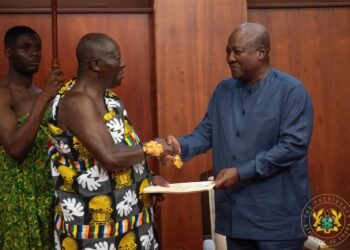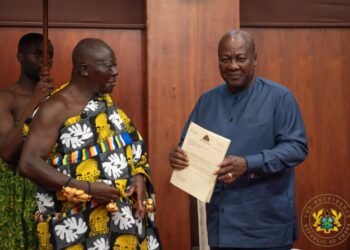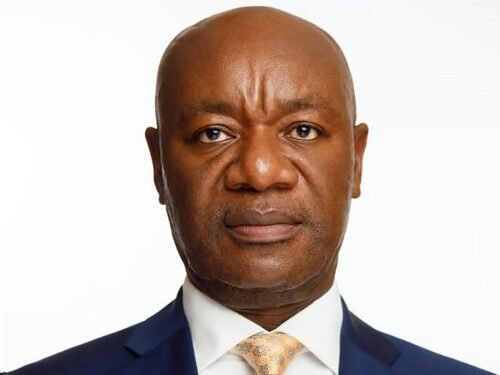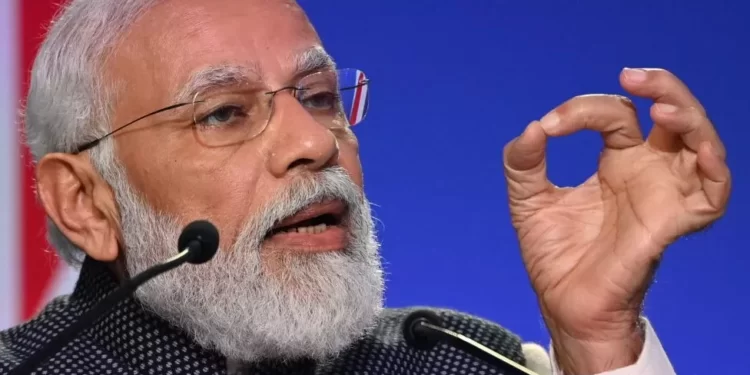The Minority Leader in Parliament, Haruna Iddrisu, has intimated that the Supreme Court’s ruling that the Deputy Speaker of Parliament can vote when presiding, is a travesty of justice on Parliamentary practice.
Commenting on the Supreme Court ruling, Haruna Iddrisu described it as a very disappointing one which more or less amounts to a judicial interference in time tested Parliamentary practice and established conventions.
“It is repugnant to the provisions of Article 102 and 104 but what can we do? They are cloth with the mandate and authority to interpret the law. This is a travesty of Parliamentary justice.”
Haruna Iddrisu
The Minority Leader mentioned that everywhere in the world, in civilized democracies including the United Kingdom, the presiding officer’s vote is discounted. He stated that it is not for nothing that Article 102 provides that a person presiding shall have no original nor casting vote.

The Minority Leader asserted that the Supreme Court through this ruling has put it aptly that the ruling is judicial support for E-Levy, for a struggling economy in distress and judicial support for the restoration of a matter the Supreme Court has said is constitutional.
“Is it not intriguing for us to hear whiles we await the full reasoning of the Supreme Court that ‘the quorum in Article 102 is not the same thing in Article 104’? But we know that for the quorum, Article 102 is authoritative on the composition of quorum for Parliament for the purpose of conducting business.”
Haruna Iddrisu
Haruna Iddrisu posited that the Minority cannot identify any material difference in the provisions of Article 102 and 104, however, the justices have interpreted both separately and differently.
The Minority leader was of the view that the Judiciary of Ghana is failing the nation’s Parliamentary democracy in its inability to appreciate the true meaning of Article 110 of the constitution. “Parliament shall by standing orders regulate its own proceedings. We regulate our proceeding and today, reference is being made to the 1992 constitution and not to the standing order”, he said.
Deputy Speakers can vote
Earlier, a seven-member Supreme Court panel presided over by Justice Jones Victor Mawulorm Dotse, in a unanimous decision, declared that the two deputy Speakers of Parliament remain Members of Parliament when they are presiding and can vote and be counted as present for purposes of decision making in the House.
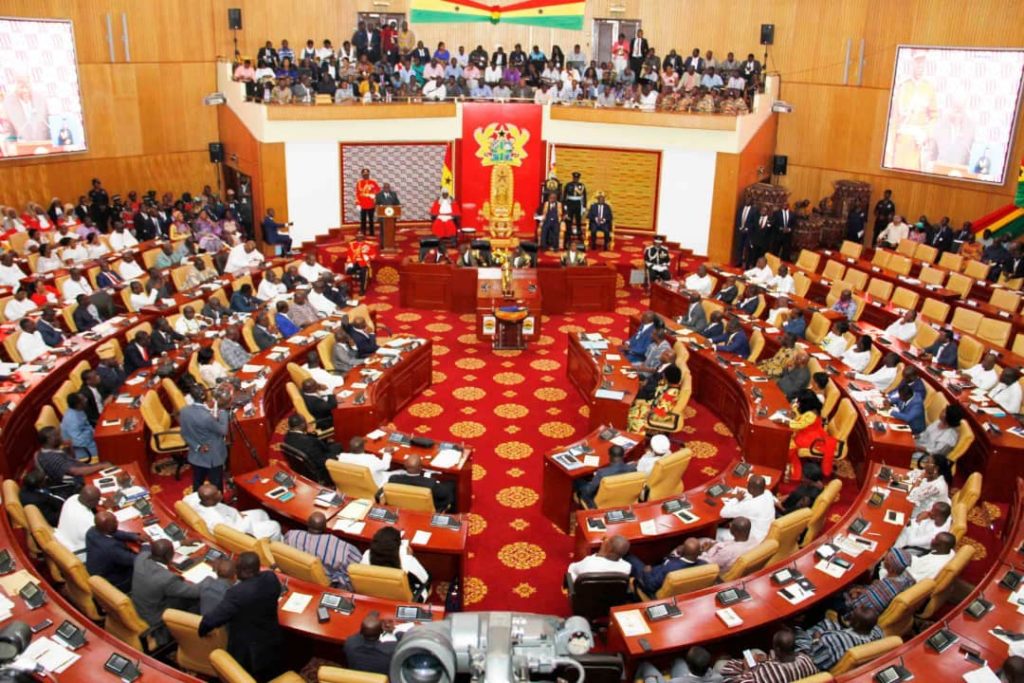
The Supreme Court ruled that order 109 (3) of the standing orders of Parliament which states that “a Deputy Speaker or any other member presiding shall not retain his original vote while presiding”, is unconstitutional.
The Court further ruled that the full reasons for its decision will be filed at the Registry of the Court by close of day Friday, March 11, 2022.
Apart from the presiding judge, Justices Jones Victor Mawulorm Dotse, the other members of the panel were Justices Nene Amegatcher, Professor Nii Ashie Kotey, Mariama Owusu, Avril Lovelace Johnson, Clemence Honyenuga, and Yonni Kulendi who made up the seven member panel.
Read Also: ‘Black Panther’ Director, Ryan Coogler, Wrongly Accused as Bank Robber





